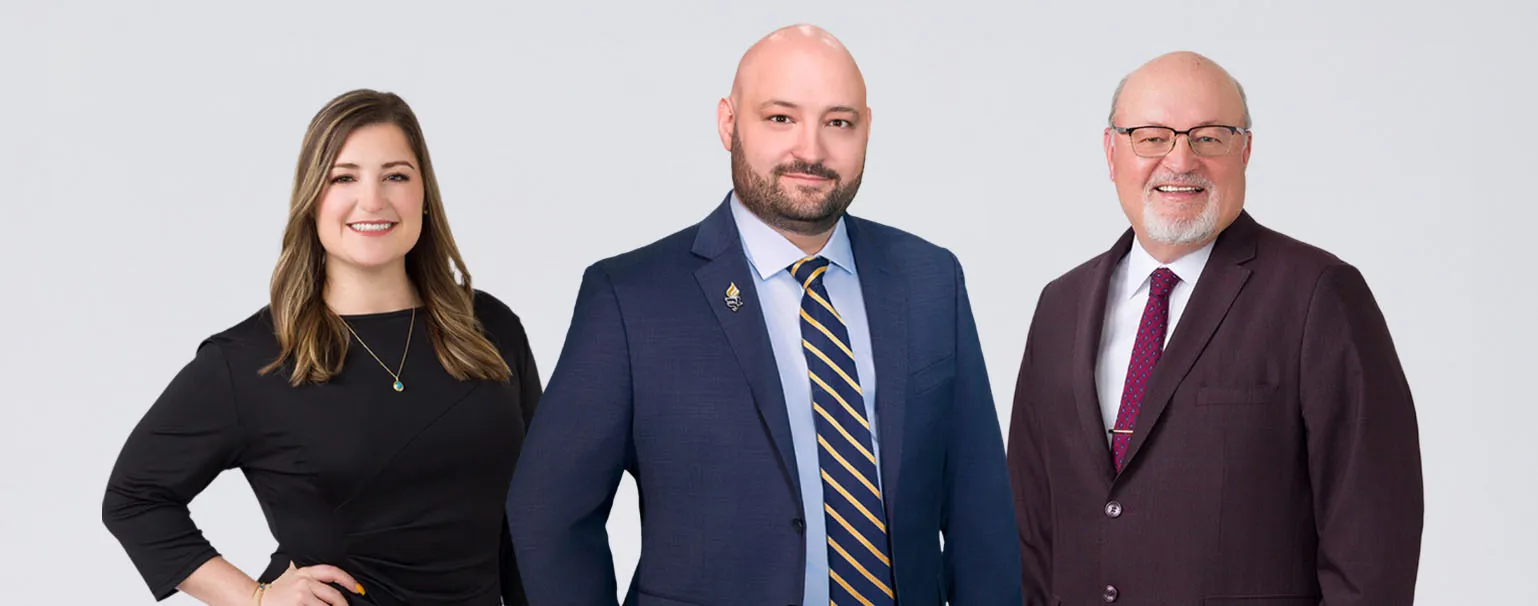
If you’ve ever rented a car, you’ve probably encountered that uneasy moment when you reach the section about rental car insurance in the contract.
Right then and there, you have to make a quick decision about whether to buy insurance from the rental company or decline it. It can be challenging to recall whether your own insurance provides coverage in case something goes wrong. So, is it really necessary to spend the extra money on it?
Today, we’ll break down how insurance factors in if you’re involved in an accident with a rental car, and what steps you should take if it happens to you.
Should I Purchase Rental Car Insurance?
It depends on your existing coverage. Your personal auto insurance may offer protection if you’re involved in an accident, but it’s wise to review your policy before your trip. As Forbes Advisor notes, your policy might only cover personal use, so if you’re traveling for work, additional insurance might be a good idea.
You could also be covered by other forms of insurance. For example, if you have travel insurance or coverage through your credit card, you might not need to buy an additional package. The same goes if you have an umbrella policy that extends coverage.
Handling Insurance After a Rental Car Accident
If you’re hurt in an accident while driving a rental car, you’ll have to deal with insurance companies. Although our car accident attorneys at Bay Law Injury Attorneys in Las Vegas can assist you and manage communication with these companies, there are some steps you can take on your own.
- Check Your Rental Car Insurance Coverage: Many rental car companies provide insurance options like Collision Damage Waiver (CDW) or Loss Damage Waiver (LDW), which cover damage to or theft of the vehicle. Some of these options also include injury coverage, but you can also purchase supplemental liability insurance for additional protection.
- Utilize Personal Accident Insurance (PAI) and Personal Effects Coverage (PEC): If you purchased PAI, which functions similarly to PIP for rental cars, or PEC, which covers the loss of personal belongings like luggage and electronics, you can use these policies to recover additional losses, regardless of who was at fault.
- Understand the Implications of Declining CDW: If you choose not to purchase CDW, you could be held responsible for repair costs, towing fees, the rental company’s loss of use of the vehicle, and additional administrative charges.
- Review Your Personal Auto Insurance Policy: If you didn’t opt for rental car insurance, your personal auto policy might still extend to rental vehicles. Your policy might include Personal Injury Protection (PIP) or Medical Payments (MedPay) coverage, which can help cover medical expenses.
- Consider the Other Driver’s Insurance: If the other driver was responsible for the accident, their insurance may cover your injuries and damages. You might need to file a claim with the at-fault driver’s insurance provider.
- Check Your Uninsured/Underinsured Motorist Coverage: If the other driver is uninsured or underinsured, your auto policy may include coverage to help with medical bills and other expenses.
What to Do After a Rental Car Accident in Las Vegas
If you’re injured in a car accident while driving a rental vehicle in Las Vegas, you have certain rights and options that depend on the specifics of the accident. Here’s what you should keep in mind.
Immediate Steps After a Crash
First and foremost, ensure your safety and the safety of others involved. Follow standard post-accident procedures, such as checking for injuries and calling 911. It’s important to seek medical attention right away, even if your injuries seem minor. Some injuries may not be immediately apparent, and a medical evaluation can document your condition, which is crucial for insurance claims or potential legal action. Calling 911 also ensures that the police will file a report about the incident.
Next, exchange information with the other parties involved, including names, contact details, driver’s license numbers, and insurance information. This information is critical for any insurance claims or legal actions you may pursue. If you intend to pursue a legal claim due to your injuries, make sure to gather evidence related to the accident, such as photos and videos of your injuries, the vehicle, and the scene. If there are witnesses, the police should take their statements, but you can also ask for their names and contact details.
Lastly, notify the rental car company as soon as possible to report the accident. They will guide you on the next steps and may have specific procedures for handling accidents involving their vehicles.
Filing a Claim or Lawsuit for Your Injuries and Losses
If the accident was caused by someone else’s negligence, you might have the right to file a personal injury lawsuit to seek compensation for medical bills, pain and suffering, lost income, and other damages. A personal injury attorney from Bay Law Injury Attorneys can help you explore this option and provide guidance as you move forward.
In Nevada, you have two years from the date of the injury to file a lawsuit. If you miss this deadline, you may lose your right to pursue compensation. It’s important to act quickly to ensure you can recover damages.
What Should You Do If You’re Not a Nevada Resident?
If you’re driving a rental car, there’s a good chance you’re from out of state. Each state has different rules about filing a lawsuit and the compensation you may be entitled to. In Nevada, we use a modified comparative negligence system, which means you can seek compensation as long as the other party is more than 50% at fault. The compensation you receive will be reduced by your percentage of fault. If you are 50% or more at fault, you cannot recover any damages in court.
If you choose to file a claim in Nevada, you’ll need the help of a local attorney. You want someone who’s licensed in Nevada, understands the state’s laws, knows the local justice system, and can effectively present your case. Out-of-state drivers and visitors may face challenges that locals don’t, simply due to logistics. Working with Bay Law Injury Attorneys means you’ll benefit from our experience and resources.
The attorneys at Bay Law Injury Attorneys have extensive experience handling car accident cases in Nevada. We understand that our state sees thousands of tourists each year, and these visitors often need assistance when they’re injured in an accident far from home. Let us help you. If you’ve been in a rental car accident, call us or use our contact page to schedule a free consultation.




